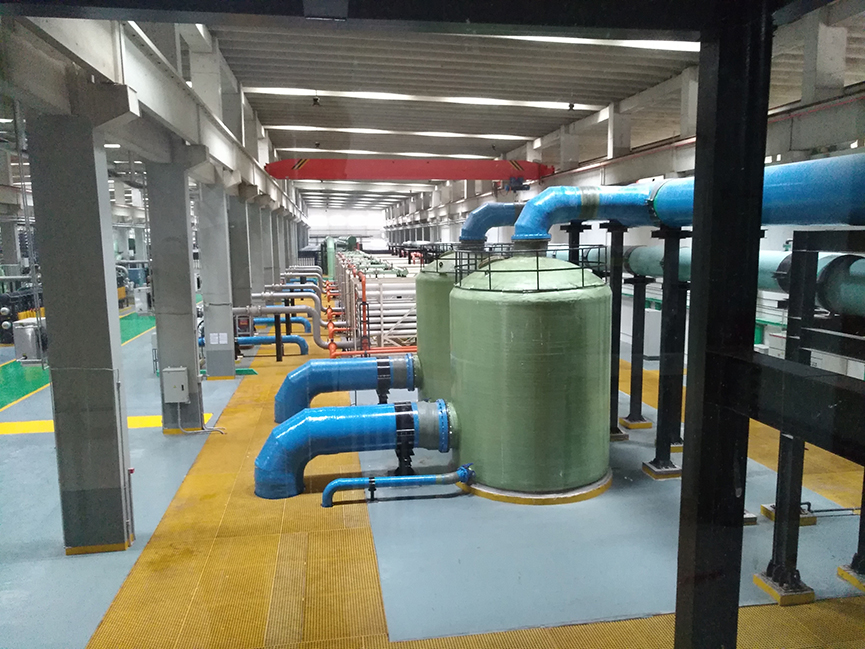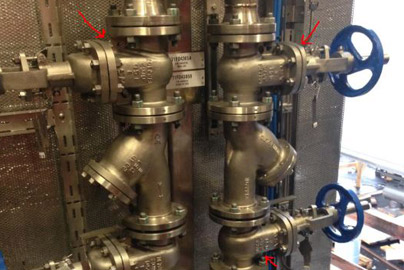Speed motors are essential components in various industrial and consumer applications, designed to provide precise control over rotational speed. These motors come in various types, including AC, DC, and servo motors, each serving different functions in machinery and equipment. Understanding how speed motors work and their applications can help businesses optimize their operations. Additionally, speed motors play a crucial role in systems where precision and efficiency are paramount, such as in the operation of machines used for geosynthetic materials, including geomembranes.
What is a speed motor, and how does it differ from a regular motor?
A speed motor is specifically designed to control the speed of an output shaft with precision. Unlike regular motors that may provide a fixed speed or require additional components to adjust speed, speed motors can vary their rotational speed dynamically. This ability is crucial in applications that require fine-tuning, such as robotics and conveyor systems.

What are the main types of speed motors?
The primary types of speed motors include:
- AC Motors: Commonly used in industrial applications for their reliability and efficiency, AC motors can be designed for variable speed control.
- DC Motors: These motors provide high torque at low speeds and are often used in battery-powered applications.
- Servo Motors: Known for their accuracy and performance, servo motors are used in applications that require precise control of position and speed, such as robotics and CNC machines.
How do speed motors impact the performance of machinery?
Speed motors significantly enhance machinery performance by allowing for better control over speed and torque. This capability leads to increased efficiency, reduced energy consumption, and improved productivity. In applications involving geomembranes, for example, speed motors can optimize the manufacturing and installation processes, ensuring precise tension and alignment.
What factors should be considered when selecting a speed motor?
When choosing a speed motor, consider the following factors:
- Application Requirements: Understand the specific needs of your application, such as torque, speed range, and control requirements.
- Motor Type: Select the appropriate motor type (AC, DC, or servo) based on performance criteria and cost-effectiveness.
- Control System: Evaluate the compatibility of the motor with the existing control systems, including variable frequency drives (VFDs) or servos.
- Environmental Conditions: Consider the operating environment, including temperature, humidity, and potential exposure to chemicals, to ensure the motor’s longevity.
Speed motors play a vital role in modern machinery and equipment, offering precise control over rotational speed and torque. Their versatility and performance make them suitable for a wide range of applications, from industrial automation to consumer electronics. When selecting a speed motor, it is essential to consider the specific requirements of the application, including compatibility with control systems and environmental factors. In sectors that utilize geomembranes, such as civil engineering and environmental protection, the integration of speed motors can lead to enhanced efficiency and effectiveness in processes like manufacturing and installation. By understanding the intricacies of speed motors, businesses can optimize their operations and improve overall productivity.
